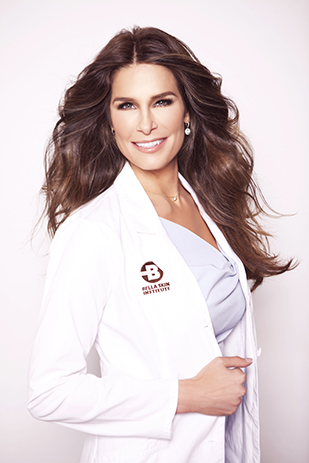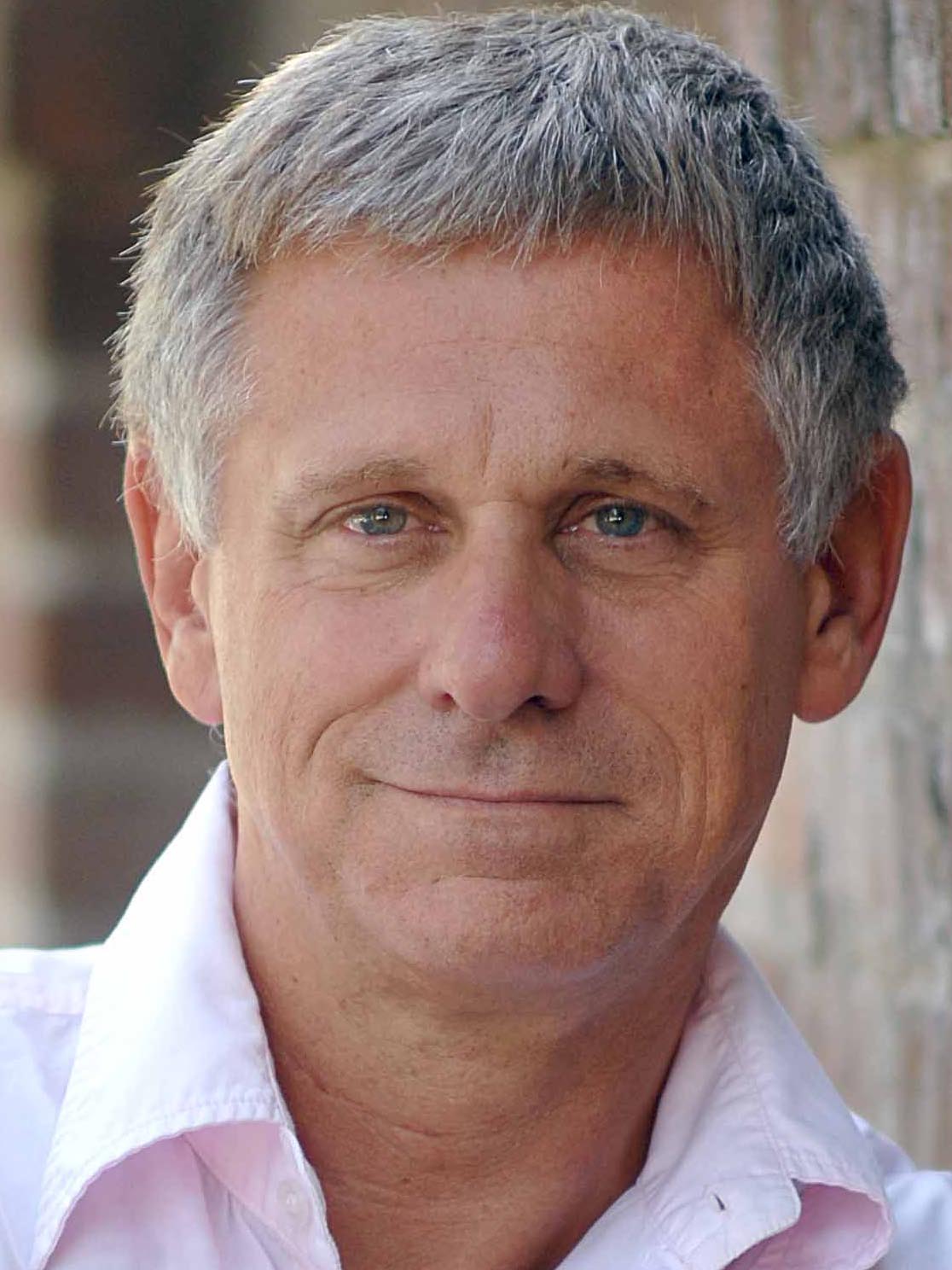
February 18, 2013
New model for medicine Physician happy with concierge practice after four years

Dr. Doug Pitman takes calls from patients anytime and doesn’t mind consulting while on skis at Whitefish Mountain Resort. He even stops by their homes for consultations.
“I’m on call all the time,” he said. “When you know your patients as well as I know my group, you can really do a lot on the cellphone. But then again, I can see them instantly or later that day if I’m up skiing.”
After four years as a concierge physician at Whitefish Personalized Health Care, Pitman couldn’t be more enthusiastic about the risk he took after more than 30 years as a traditional family physician in Columbia Falls.
“In my mind, the concierge model is the biggest thing that’s happened to family doctors since we developed residency programs in the 1970s,” Pitman said.
Concierge doctors limit their patient base to provide personalized service and almost limitless availability to patients who pay an annual retainer.
Pitman works with a company called Signature MD to operate his practice and also now serves as the company’s acting medical director.
In that role, he serves as an information source to doctors considering concierge medicine and makes educational videos for patients and doctors for Signature MD’s
“They are the second biggest company that converts family practice and general internal medicine practices to the concierge model,” he said.
Pitman, 66, calls his concierge practice an anomaly because he works just 16 hours a week with a practice of about 100 patients. A full-time concierge physician typically maintains a patient base of 300 to 600 patients.
When he looked into the concierge model, Pitman wanted a way to continue practicing but on a smaller scale with a focus on wellness.
“I was burned out on traditional family practice as its evolved into running the numbers so you can keep your doors open,” he said. “Once I turned 62, I was free of debt and I could take a risk.”
He worked with Signature MD CEO Matt Jacobson to come up with what he calls a hybridized concierge practice where he could work part time with half-time malpractice insurance. Pitman said Signature MD’s research department performs thorough demographic studies of an area before working with a doctor to convert to the concierge model.
“Matt flew up and we did a week of basically recruiting patients,” he said.
The two came up with three different payment systems. His yearly retainer is $1,900 per patient with discounts for couples, half-time residents and a scholarship rate of $1,100.
His patients pay a retainer to Signature MD, which takes a percentage, then sends the rest to Pitman in quarterly payments. He maintains an office in the 1993 building in Whitefish but operates without employees or a billing service.
Pitman said the retainer pays for his availability and covers his overhead and salary.
“That frees me up to spend more time with patients and provide a much higher quality of care,” he said. “The last four years, I’ve gotten back to the basics of prevention and wellness.”
According to Pitman, his patients reap the benefit with his focus on their blood pressure, cholesterol levels and screenings by lowering their risk of heart disease, stroke and cancers of the breast, prostate and colon. He also makes certain they have their immunizations and see a dentist, dermatologist, ophthamologist and gynecologist, if appropriate, once a year.
“I don’t do any chronic pain management which is a big problem in family medicine,” he said. “There are chronic pain clinics. I don’t do any of that.”
His services include taking a medical history and a yearly executive physical examination. Pitman provides same-day appointments and said his contacts from 30 years practicing here get patients into specialists quickly.
If necessary, he makes house calls using his father’s old black bag from the 1950s.
“My dad was a doctor in New York on Long Island for about 35 years,” he said. “I think it was $3 for an office call, $5 for a house call and his records were all on 3X5 cards.”
Pitman’s annual executive physicals take two hours, include an hour follow-up visit and lab tests. He said Signature MD contracts with some state-of-the-art labs to assess cardiac and diabetes risk.
“The testing is sophisticated and it’s not unlike going to Mayo or Scripps and getting a very thorough examination each year,” Pitman said. “My patients look forward to it each year. They are very compliant, very interested in their own health. They have a lot to live for.”
Since becoming a concierge physician, Pitman said his biggest surprise was that patients want to talk and that getting to know patients pays off in better care. Sometimes the thing that concerns the patient the most comes out in the last 15 minutes of a two-hour exam.
“Nothing falls through the cracks because it is all about the time you spend with people,” he said. “The more time you spend with people, the more time you spend thinking about them and dictating a thoughtful physical.”
One patient, Benny Bee, the owner of six local radio stations, credits Pitman with saving his life. Bee became interested in the concierge system when he turned 65 and decided he needed regular “tune ups.”
He said he had known Pitman for years when he signed up as a concierge patient after reading his brochure. Bee liked the idea of not having to wait for two weeks to see a physician when he gets sick.
“Nowadays, it’s hard to get in to see a doctor if you’re in a hurry,” he said. “With concierge, I call to make an appointment and he says, ‘Just come on down’ or ‘I’m in your neighborhood so I’ll just stop by your house.'”
After signing up, Bee provided Pitman with the results of an executive physical he had received at the Mayo Clinic two years earlier. When he came in for the physical with Pitman, he said he was in the best shape of his life.
“I was down 20 pounds and had been exercising,” he said. “My blood work was great.”
Pitman recalled that he spent an hour going over Bee’s Mayo physical. It mentioned a test he should have had in the next three to six months but no one followed up to make sure he had it.
“I put him on my bicycle to do his wellness exam to write a prescription,” Pitman said.
He detected a problem and insisted that Bee go in for a treadmill test the next day for a heart evaluation. Three weeks later, he had triple bypass surgery to repair a main artery that was completely clogged and two others that were 70 percent clogged.
Now 68, Bee describes himself as 100 percent healthy. He remains completely sold on the personal relationship and quick access offered by concierge medicine.
He made a promotional video with Pitman and constantly recommends this model of medicine.
“If it wasn’t for me switching over to the concierge system, I probably wouldn’t be alive today,” Bee said. “Believe me it’s worth it. It pays.”
People interested in more information may visit the website





